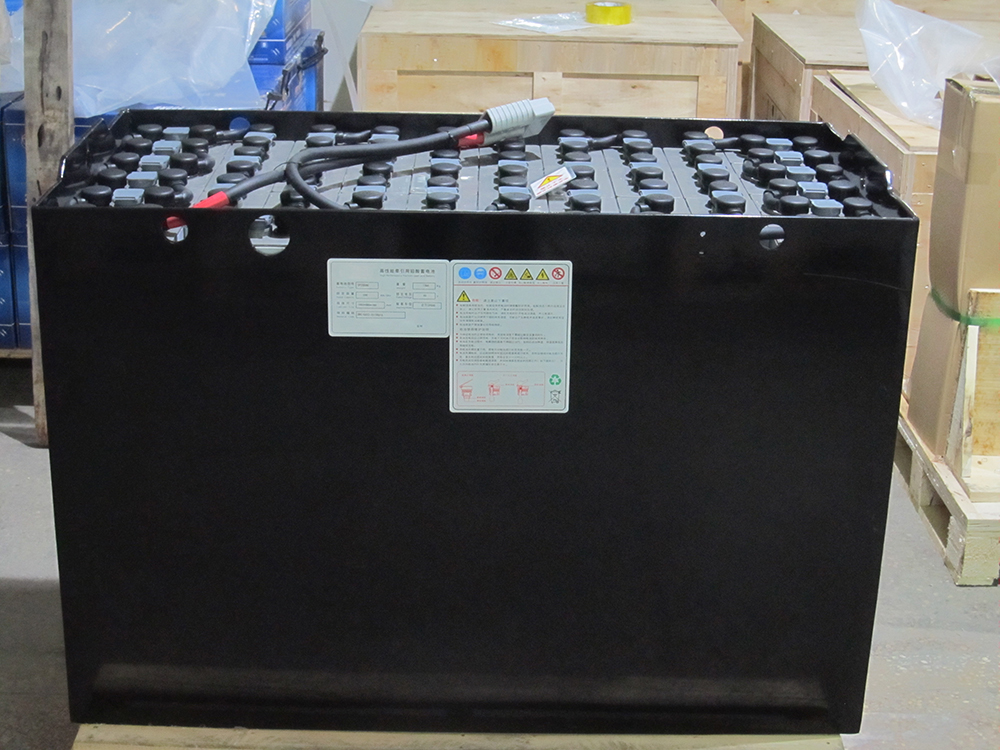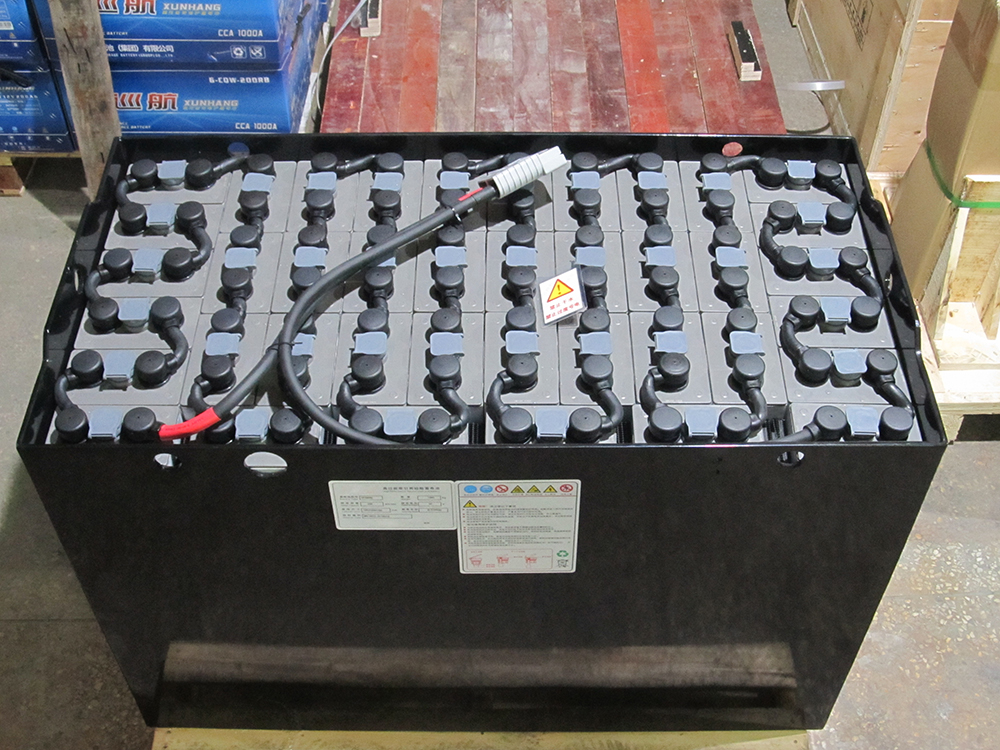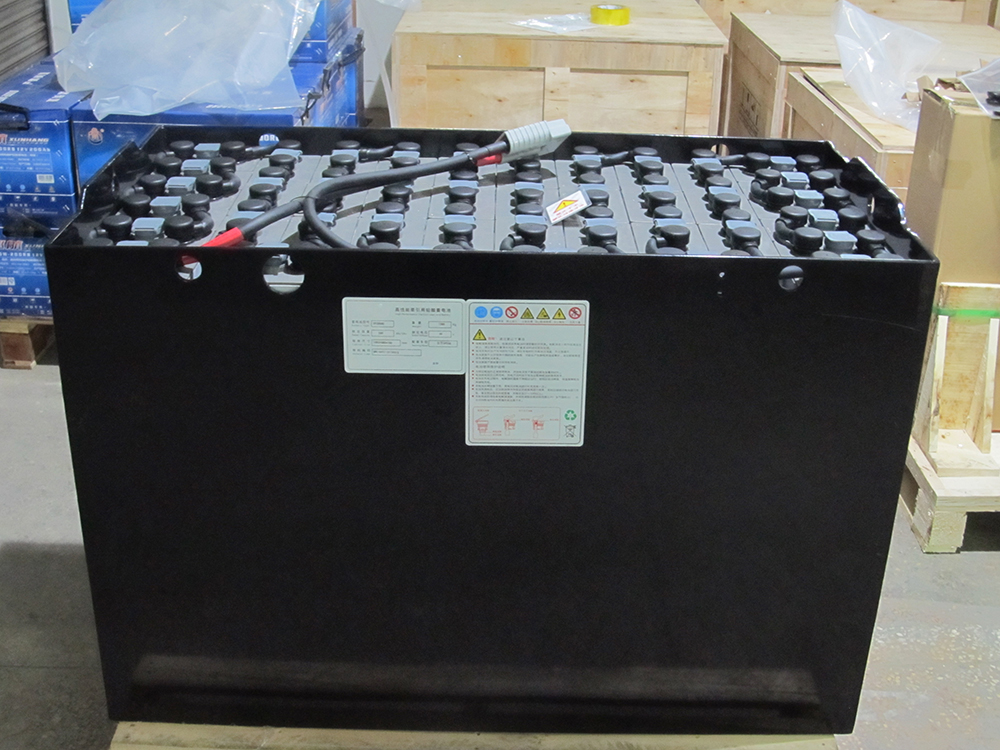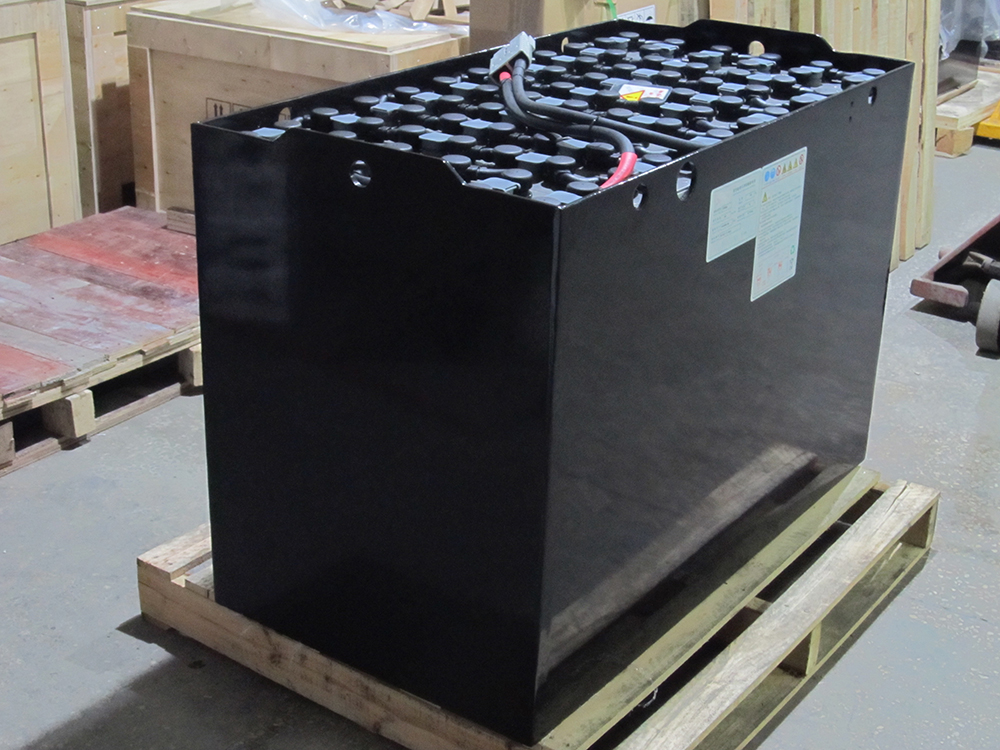In the marketing of Hecha CPD30 forklift lead-acid battery, the biggest headache for sales staff is price competition. Marine batteries have long service life; cycle performance and deep discharge recovery ability; reliable sealing structure, no leakage during normal use; anti-short circuit design, automatic water adding system and gas stirring system to prevent battery short circuit to the greatest extent. Check the specific gravity of the electric forklift battery: Use a suction hydrometer to check the specific gravity. Do not let the electrolyte spill out during operation, and wear protective equipment.


Disposal of used batteries by forklift battery manufacturers: For used batteries, extract the electrolyte and decompose the batteries. You can negotiate whether they should be recycled by the battery manufacturer. Price is the key issue that ultimately determines whether the Hecha CPD30 forklift lead-acid battery transaction can be concluded. Any sale is inseparable from price negotiation.
1. What is Hecha CPD30 forklift lead-acid battery price?
Almost everyone will think that a company is determined by the price of a certain cultural product, or how much it is worth. In fact, this statement is just for people’s most intuitive and simple thinking. Price = price + quality. From a product perspective, quality = quality + value, that is, market price = price + quality + value. This is the meaning of price as a technical product with a complete structure. Viewed separately, the quality of life determines social value, and value research determines price. The price positioning of every Chinese product is inseparable from the work content of these three aspects. Manufacturers also use this as a theoretical basis to conduct their own product information. Design a scientific and reasonable price positioning. As the saying goes: „You get what you pay for.“ That’s what this question means.
Usually, an enterprise’s pricing will have a „pricing target“. The pricing target is the purpose and standard that the enterprise consciously requires to achieve when setting prices for the products it produces or operates. It is the main factor guiding enterprises to make price decisions. Pricing targets depend on the overall goals of the business. Enterprises in different industries, different enterprises in the same industry, and the same enterprise may have different pricing targets at different times and under different market conditions.

Generally, there are three pricing objectives of enterprises: aiming to obtain profits, aiming to increase market share, and aiming to respond to and prevent competition.
As salespeople, our responsibility is to sell products according to the company’s pricing, rather than asking the company to set a price that is beneficial to our own sales. Price setting should be based on the goals of the business.
A good salesperson will price, not complain about the price. The price issue is that we can better control the market price, neither low prices nor high prices. The ability to control and manage prices is a direct reflection of the sales service level of an enterprise’s salesperson.
2. Price market competition and non-price restricted competition
But nearly every salesperson complains that the biggest problem in the sales process is price competition. In fact, there are two types of competition among peers, one is price competition and the other is non-price competition. Price competition is a kind of competition that makes customers equally satisfied by lowering prices. Non-price competition is value competition, which refers to the competition to provide products and services that are better, more distinctive or better adapted to customer needs.
I mentioned the two concepts of „price marketing“ and „value marketing“ before, which are the core concepts of price competition and non-price competition. If the two concepts are carefully distinguished in terms of competition, non-price competition has the following characteristics compared with price competition:

Non-price competition is the development and sublimation of price market competition. I have never felt that the best way for enterprises to compete is to avoid social competition. Case: I once encountered such an important customer who blindly emphasized the reputation of Hecha CPD30 forklift lead-acid battery when purchasing a forklift. He thought that Hecha’s price was famous and low, while our price was high and not famous.
